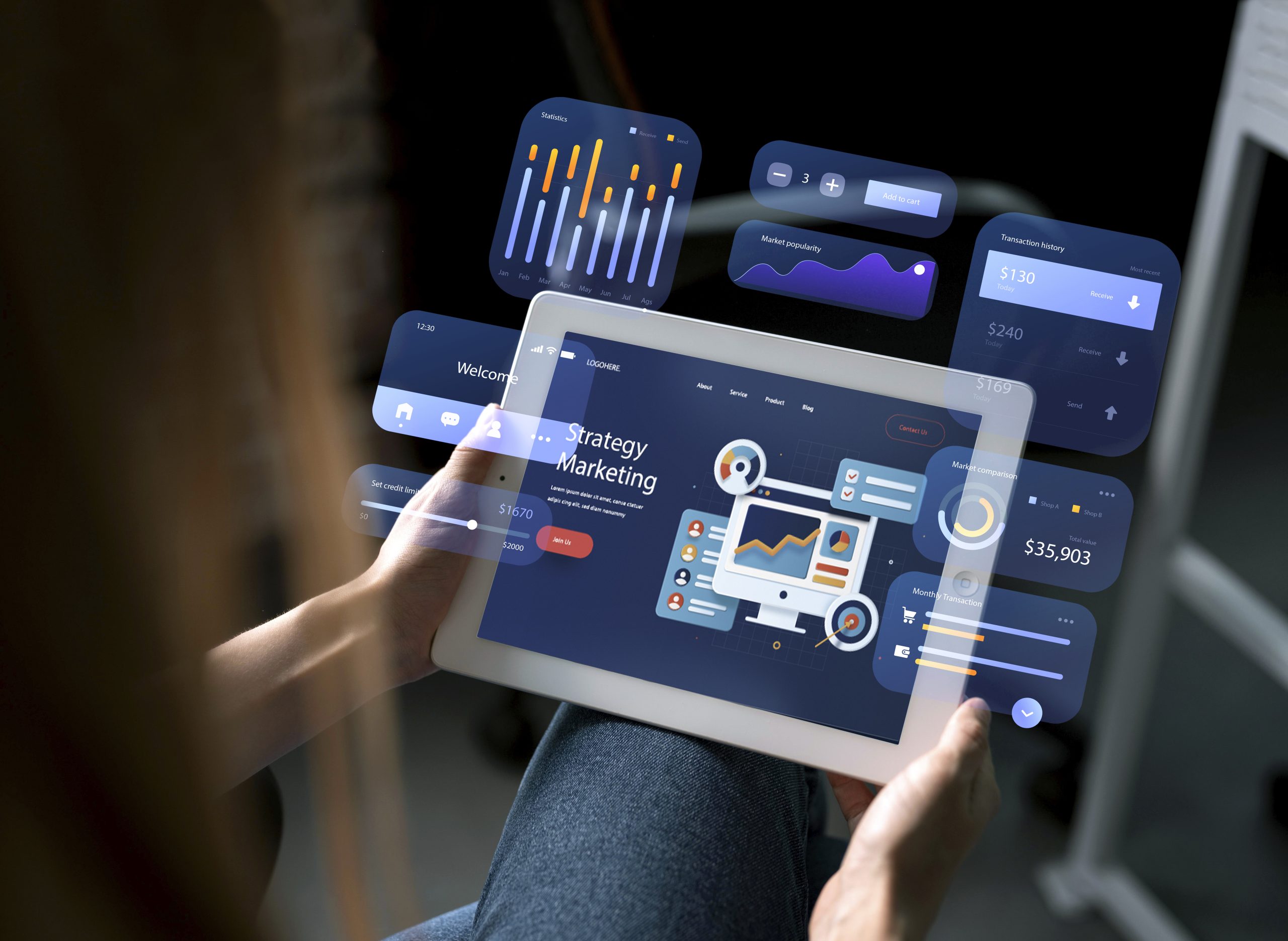Market research has always been a critical tool for businesses to understand consumer needs, preferences, and market trends. Traditionally, surveys, focus groups, and interviews were the go-to methods for gathering insights. However, as technology has evolved, so has the way we approach market research. Today, AI-powered tools are transforming the industry, making research faster, more accurate, and highly efficient. Let’s take a look at how market research has evolved from simple surveys to advanced AI-driven insights.
Traditional Market Research: The Era of Surveys
For many decades, surveys were the foundation of market research. Companies would send out questionnaires or conduct phone interviews to collect data on consumer preferences. This data would then be analyzed manually by research teams. While surveys were helpful, they had limitations:
- Time-consuming: Gathering responses and analyzing data took weeks or even months.
- Limited reach: Traditional surveys could only target specific groups, and the sample size was often small.
- Subjectivity: Responses were based on what people said, which sometimes didn’t match their actual behavior.
Despite these challenges, surveys played a vital role in shaping business decisions. However, as consumer behavior became more complex, companies needed faster and more accurate methods to stay competitive.
The Digital Shift: Online Surveys and Big Data
With the rise of the internet, market research took a big step forward. Online surveys made it easier to reach larger and more diverse audiences, cutting down the time and cost of data collection. At the same time, businesses began to collect large amounts of data from online sources like websites, social media, and e-commerce platforms.
This shift allowed companies to track consumer behavior in real-time, providing more accurate insights. But the sheer volume of data became overwhelming, and manual analysis was no longer enough. This paved the way for the next big evolution in market research: artificial intelligence (AI).
AI-Powered Market Research: The New Era
AI has completely transformed the world of market research. Here’s how:
- Real-Time Data Processing AI can process vast amounts of data from various sources—social media, customer reviews, website interactions—instantly. This gives businesses real-time insights into what consumers are thinking, feeling, and doing. No more waiting for weeks to get results from traditional surveys.
- Predictive Analytics AI not only analyzes past data but also predicts future trends. It uses machine learning algorithms to identify patterns and forecast consumer behavior, helping companies make proactive decisions rather than reactive ones.
- Sentiment Analysis AI can analyze the emotions behind consumer reviews, social media posts, and feedback. This helps companies understand how customers feel about their products or services without relying solely on direct survey responses.
- Personalized Insights AI tools can segment audiences more accurately, offering personalized insights based on demographics, behavior, and preferences. This allows businesses to create targeted marketing strategies and improve customer experiences.
- Efficiency and Cost-Effectiveness By automating data collection and analysis, AI significantly reduces the time and resources needed for market research. This makes it more affordable, even for small businesses, to access high-quality insights.
Also read: Impact of Blockchain Technology in Market Research
The Future of Market Research
The evolution of market research from surveys to AI-powered insights is just the beginning. As AI continues to develop, we can expect even more advanced tools that offer deeper insights into consumer behavior. Businesses will be able to track real-time shifts in the market, predict trends with greater accuracy, and tailor their products and services to meet the changing needs of their customers.
In conclusion, AI-powered market research is not just a trend—it’s the future. By embracing these new technologies, businesses can stay ahead of the competition, make smarter decisions, and better understand their customers in today’s fast-paced, digital world.
